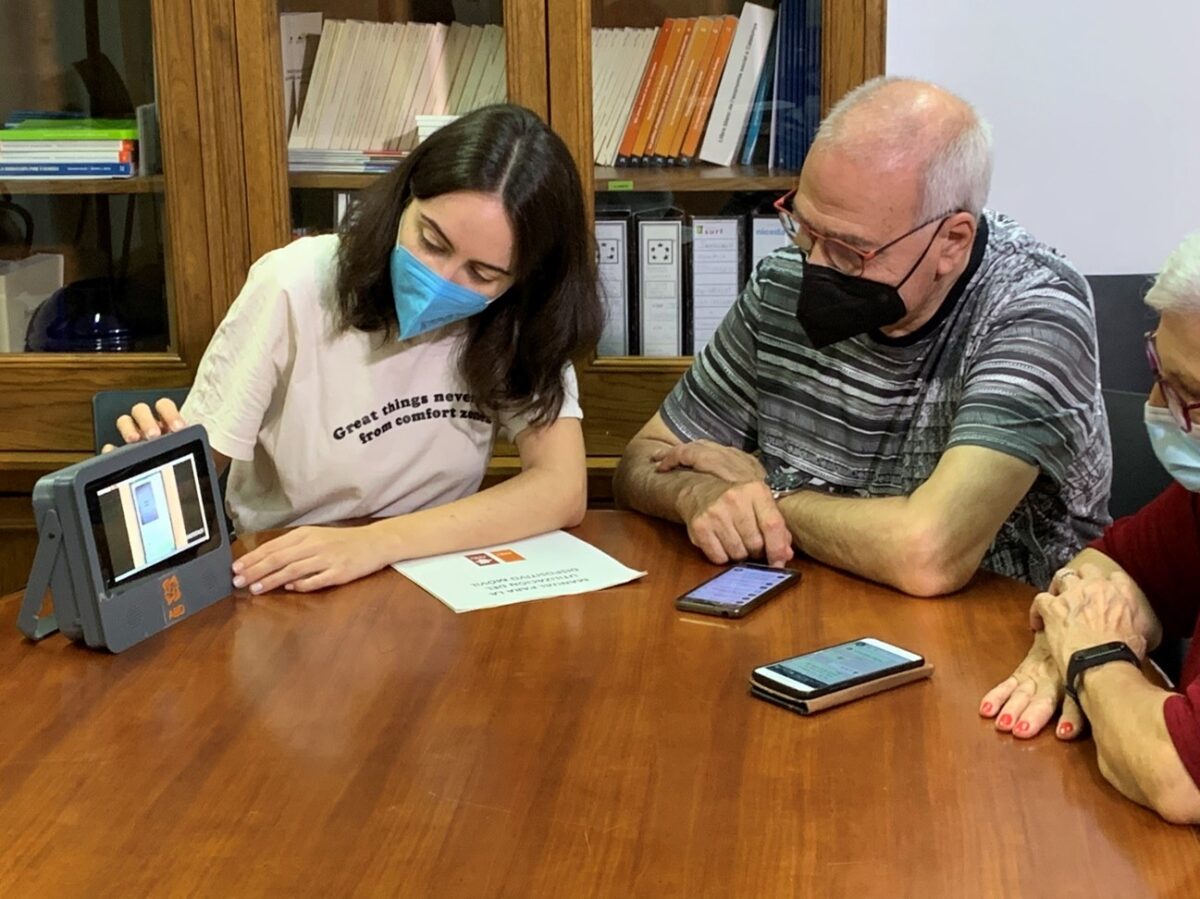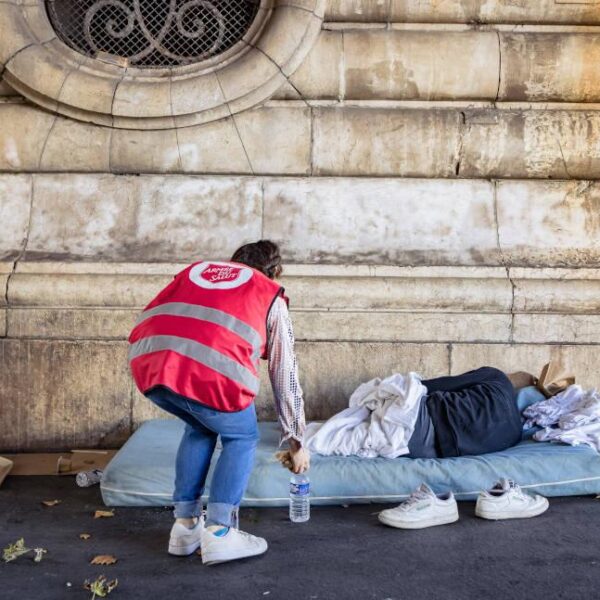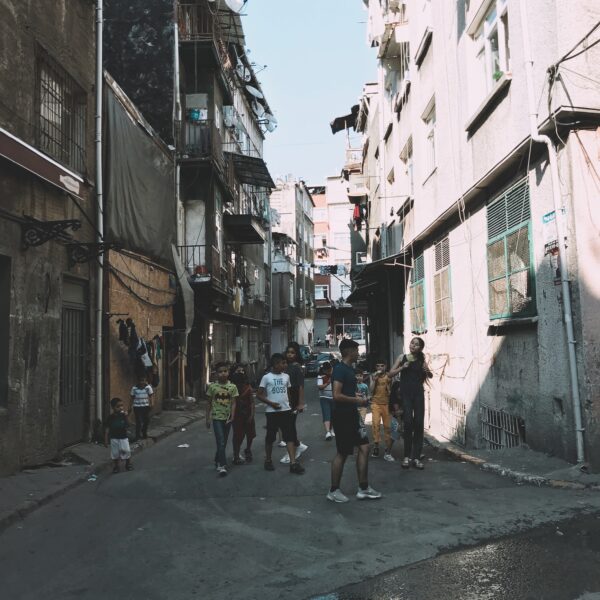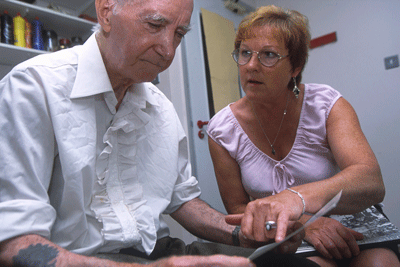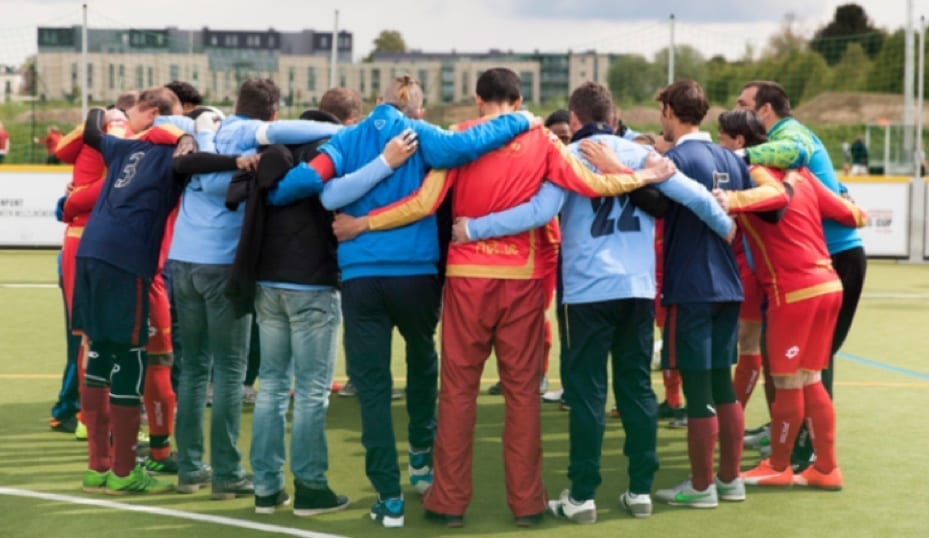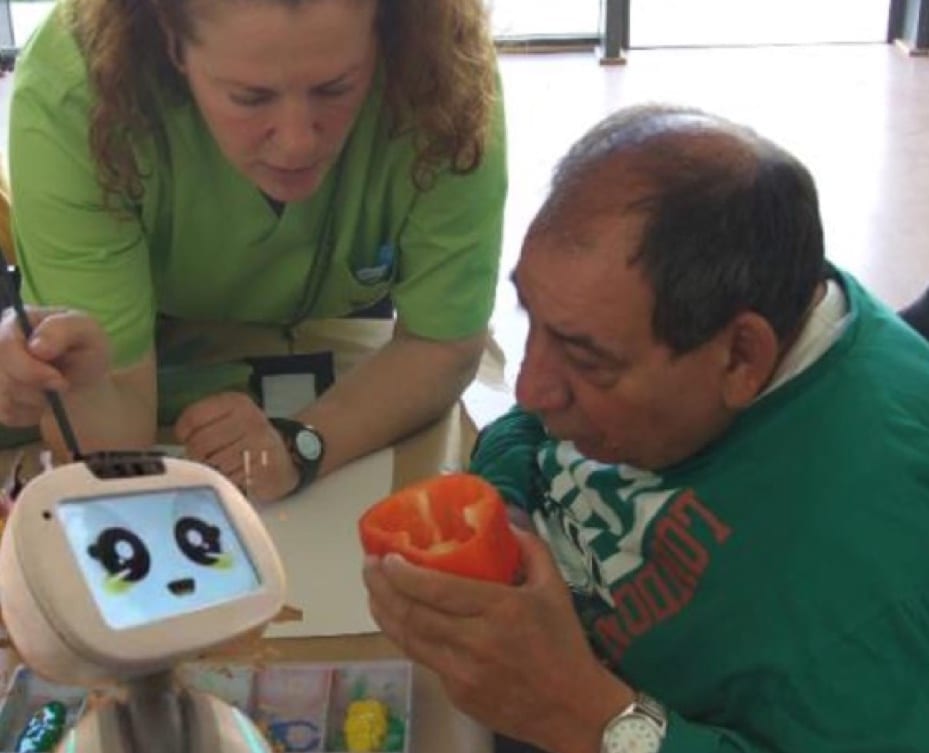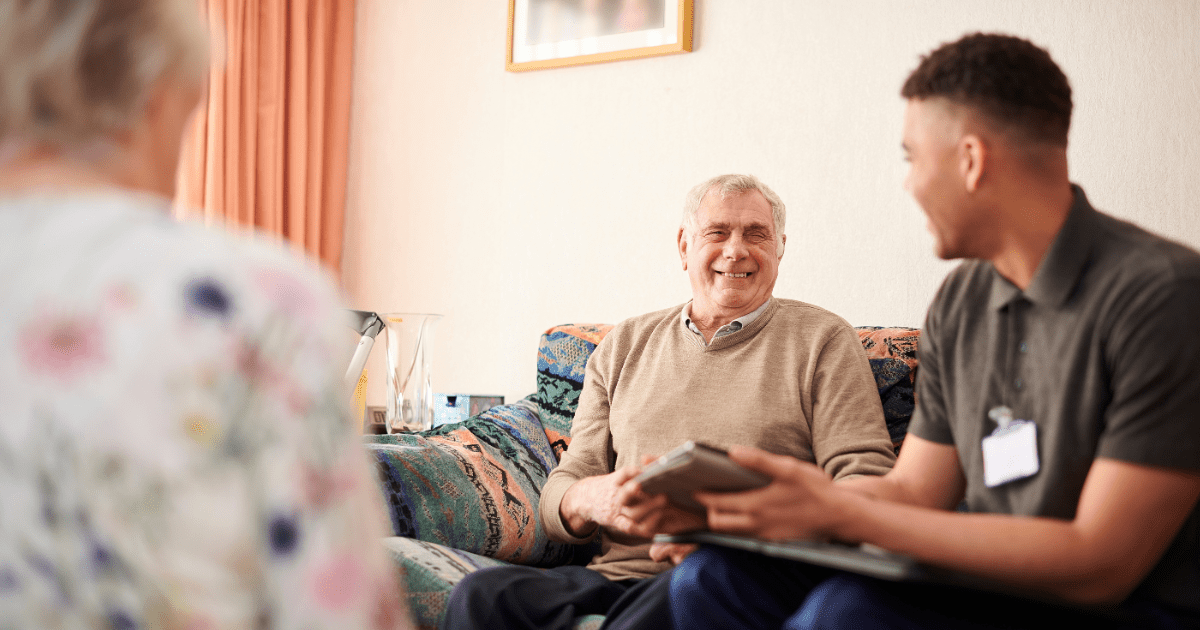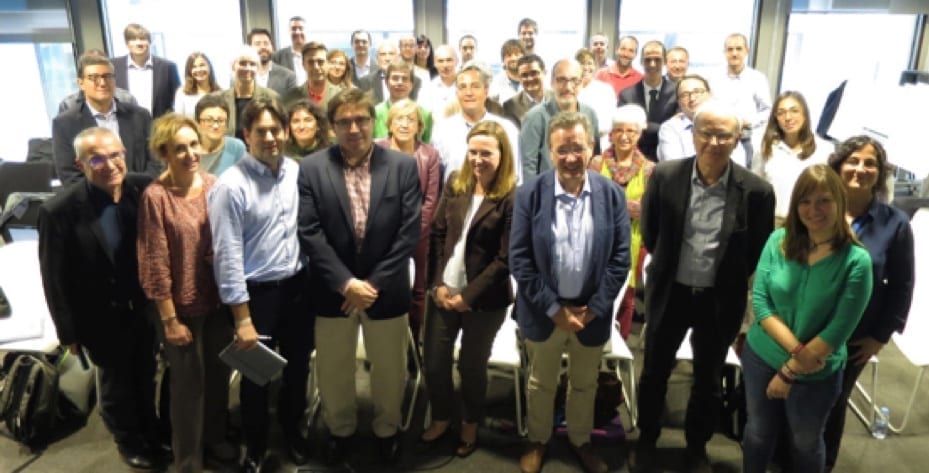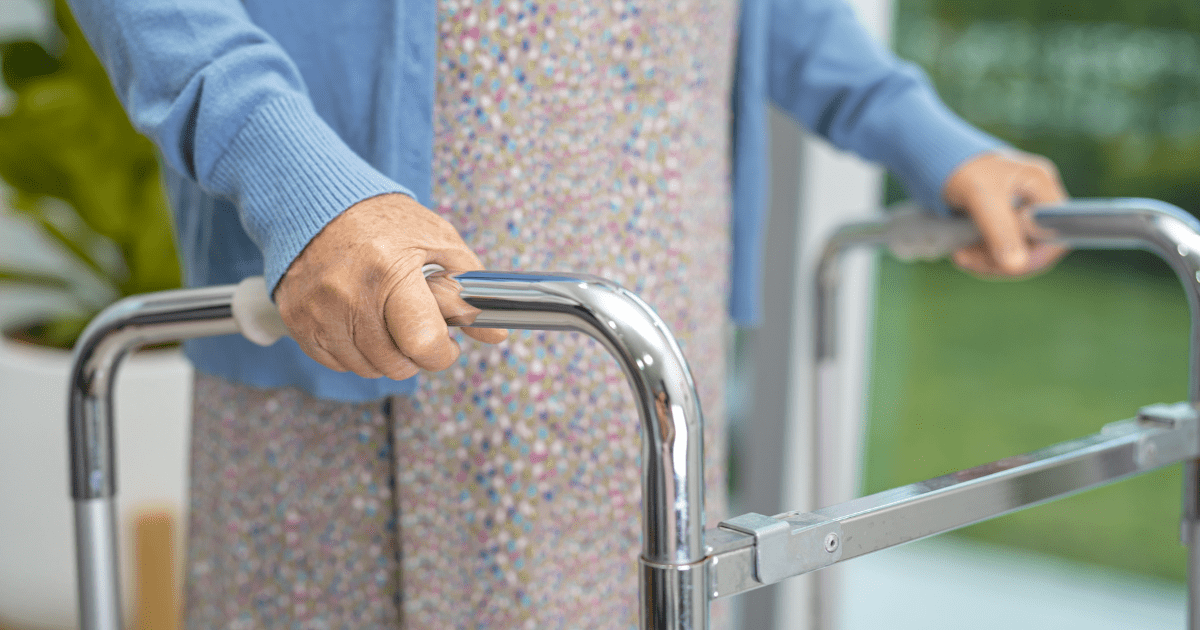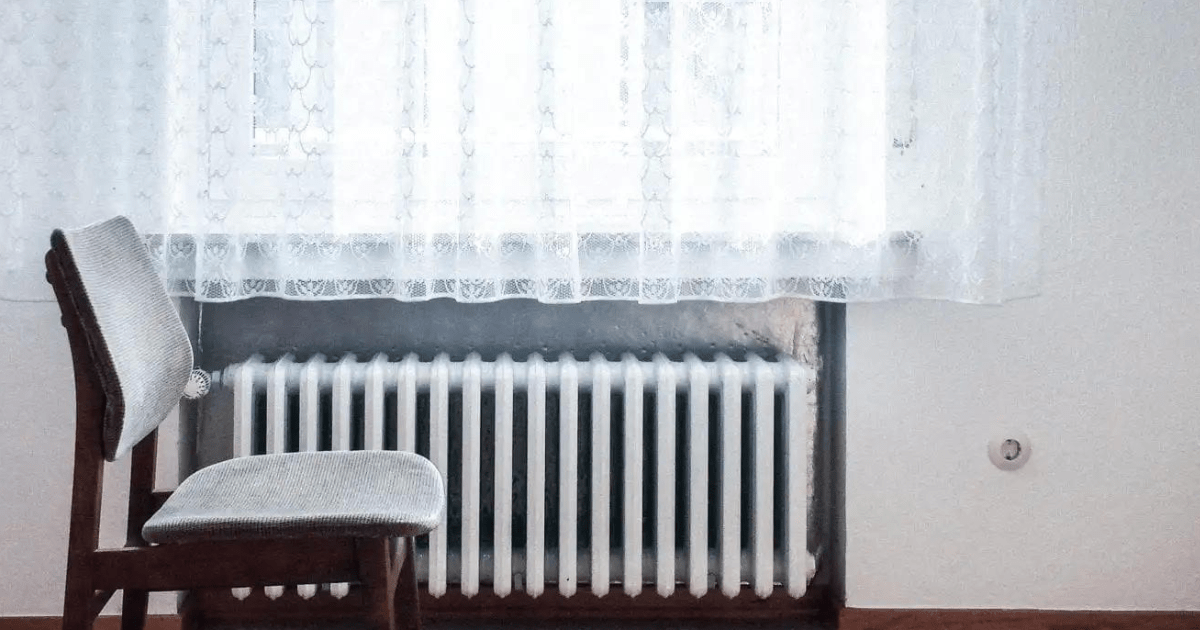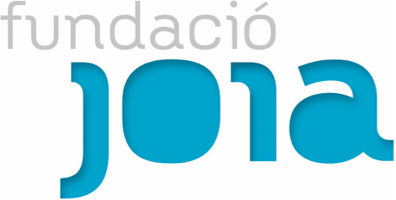ELDCARE, prevention of loneliness and the social and health risks associated with aging
ELDCARE, prevention of loneliness and the social and health risks associated with aging
ABD Associació Benestar Desenvolupament
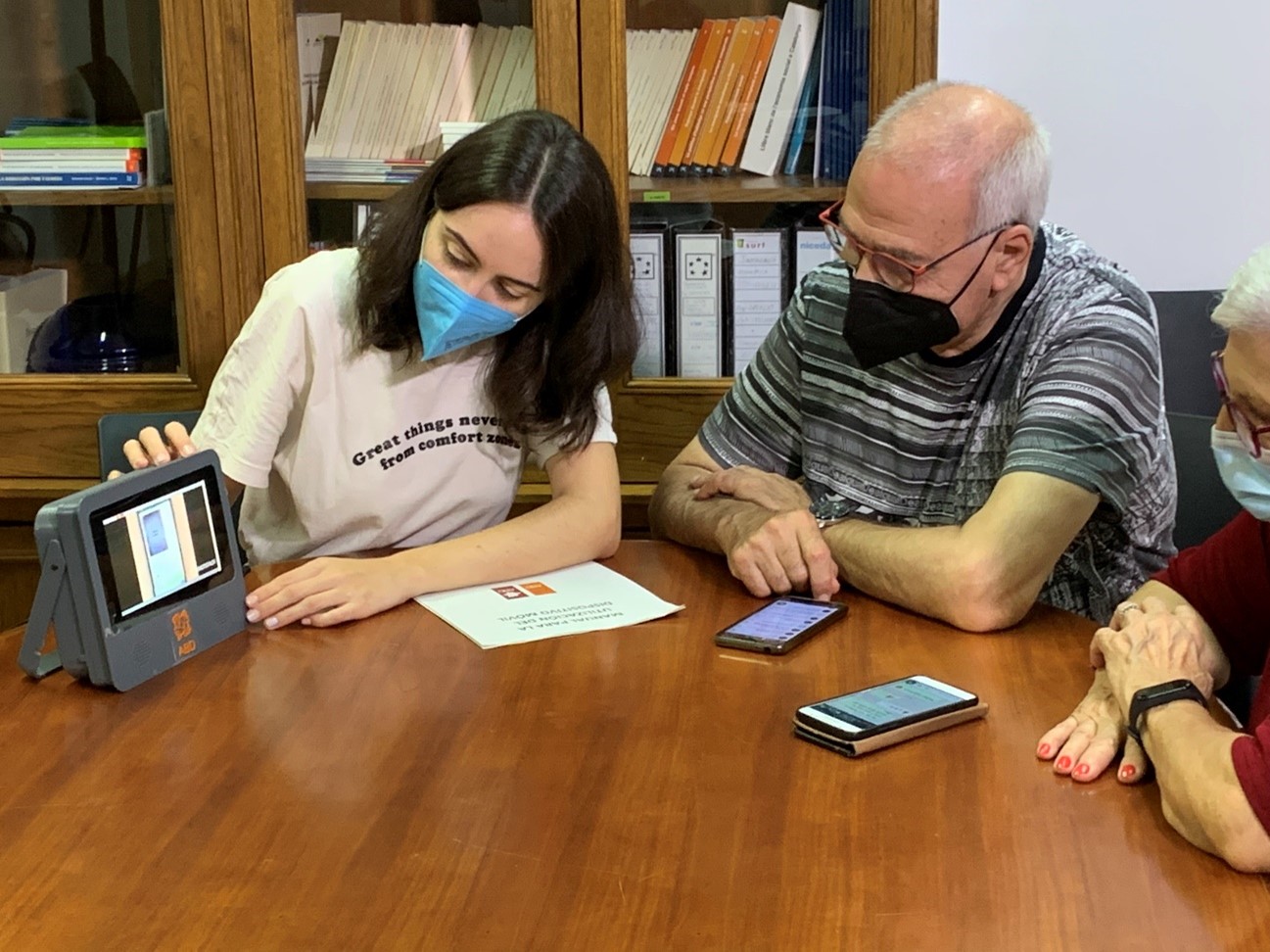
Foto: ABD
Eldcare is a personalized reminder tool equipped with a screen and a speaker, developed for people living alone in their homes and need support to improve their autonomy. It is a smart device developed and enhanced by ABD, an innovative technological tool to prevent unwanted loneliness and the social and health risks associated with aging.
The device offers personalized daily reminders in audiovisual format, with the aim of improving safety, preventing accidents at home, reducing the feeling of loneliness in the elderly and improving digital literacy. Without Wi-Fi, Eldcare launches short videos recorded by professionals and / or people close to the user, such as: “remember you have an appointment with your doctor today at 10 a.m.” or “remember to turn off heating before going to bed ”or“ remember to drink water and use the walker’s help at home ”, or the steps to follow to use your smartphone and make a video call.
This tool is not invasive or intrusive with the privacy of people and is very intuitive to use, respecting the preferences and needs of older people, because they always agree with them the type of message and the time when videos are playing. Also, it doesn’t play a random robot voice, but the image and voice of someone they know and trust.
Therefore, it is a person-centered care solution, based and developed on the verbal needs of the person, following the path to e-health and integrating new avenues of collaboration between social and health services. , preventing risky situations that could have a major social and economic impact in the field of health and social services.
Due to the pandemic of COVID-19, in which the digital divide has become even more visible, the use of Eldcare has been rethought, bringing it to the homes of people with a very low level of digital literacy in order to accompany them in the learning process about using their smartphone from a distance.
Characteristics of innovation
Location
Spain
Collaborators
Several municipalities
Genesis
It was born years ago as a pilot project for users of the Home Care Service.
Level of implementation
In the improvement phase. It has been installed in more than 100 homes. It has contributed to improving the level of digital literacy of more than 60 people throughout Spain.

Banc d’innovacions

